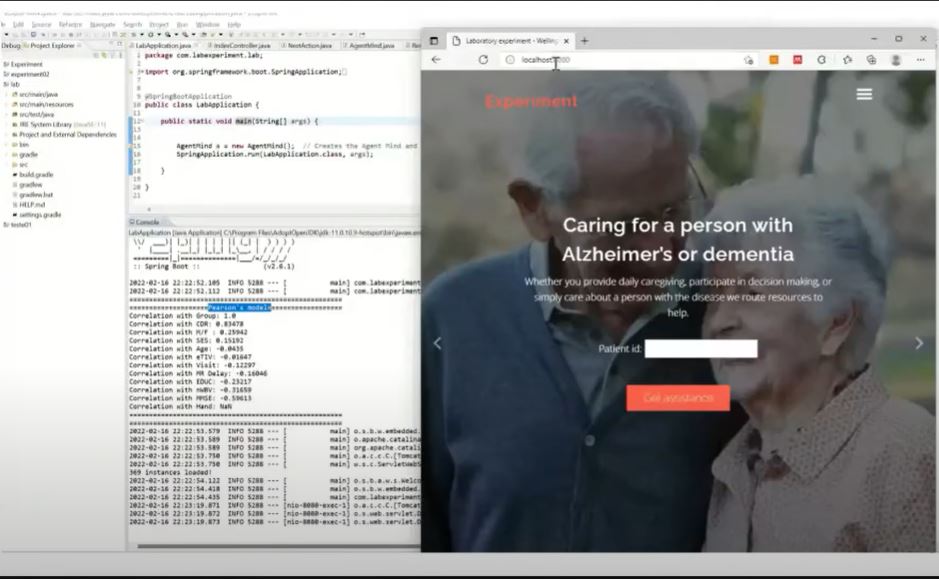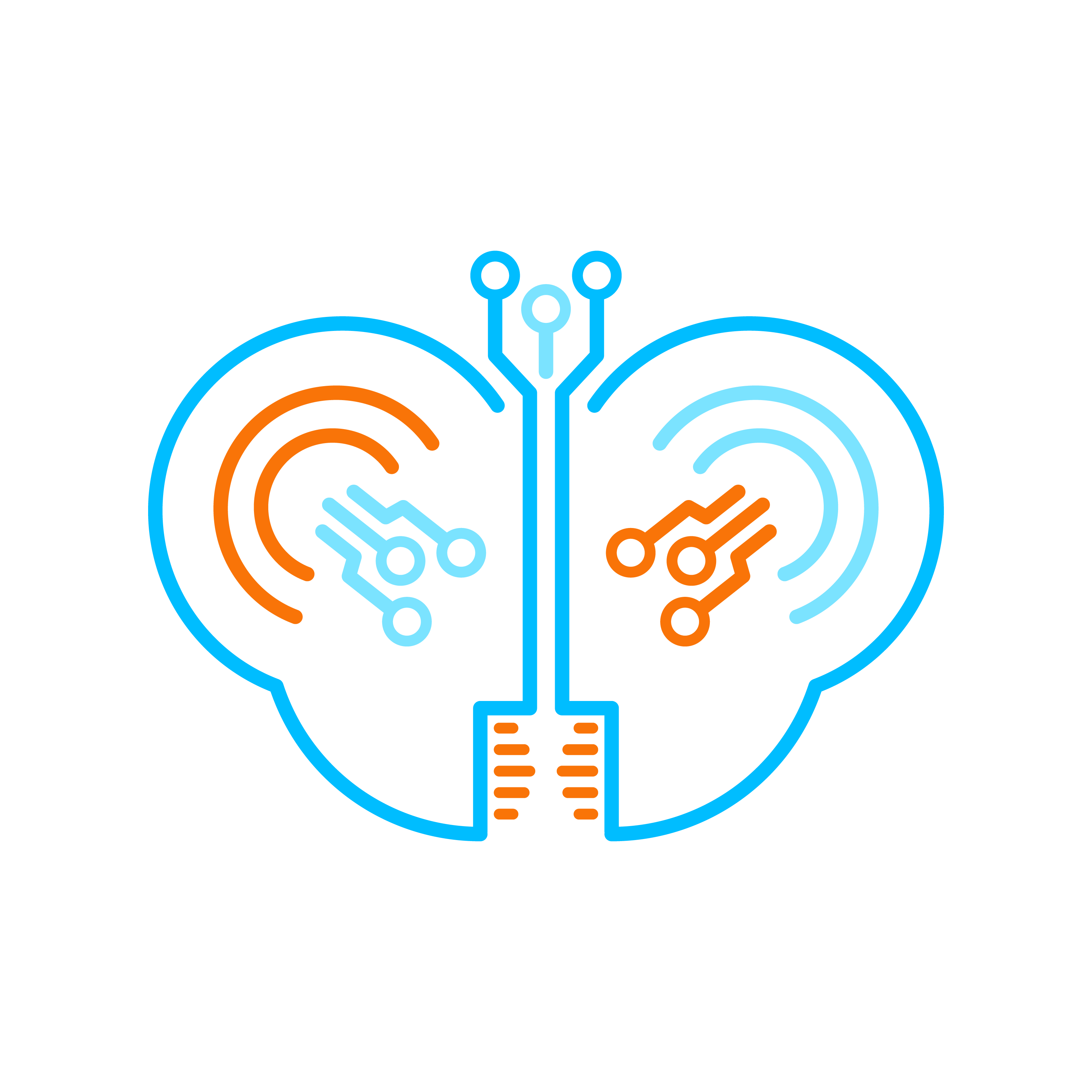Dementia is a term used to describe a collection of neurodegenerative disorders that impact people across the world. The most common neurodegenerative disease is Alzheimer, which accounted for two-thirds to three-fourths of all cases. The symptoms of the disease progression includes recent memory loss and impairment of cognitive functions that create challenges to individuals living with dementia performing daily tasks, making them dependent on caregivers. Due to social and economic matters, caregivers can be either professional or informal, and in some cases, they are members of the patient’s family. Investigations suggest that caring for individuals living with neurodegenerative disease is stressful physically, mentally, and emotionally. The task repetition associated with other situations might result in overload or bad life quality. This study aims to suggest a model of an artificial cognitive system to assist caregivers in dementia care. In addition, this model assists through an agent personalized support to the decision-making of informal caregivers. The methodology applied was systematic review (SR) to gather information and design science research (DSR) to develop the experiment. The SR indicated a major part of results was published by European (58%) and North American (26%) countries. We also noticed an increasing number of results in recent years, we concluded that the recent advancements of artificial intelligence and neural networks have raised technology for healthcare in academic works. Although there is an apparent increase in the number of studies, there is an absence of tentative to application of an artificial cognitive architecture in dementia care, which corroborates with the belief that this is still a cutting-edge technology and this study has a novel interdisciplinary area. Our proof-of-concept handled the data of the patient to provide information from reliable sources, such as Alzheimer’s association, to non-professional caregiver’s decision-making regardless of the disease stage. However, it is in a nascent state of development and requires further research to be applied in real scenarios.
Toward an artificial cognitive model to assist caregivers in decision-making for persons living with dementia
- Detalhes
- Categoria: Pesquisas
- Acessos: 346

